Science |
|
|
For over 12 years, we have studied gaming's effect on the mental health of young people, under the age of 18. We wish to share and empower other scientists and industry leaders to design evidence-based tech, that is both fun and contributes to human flourishing.
|
Design |
|
|
Currently we operate like an incubator, but not focused on profit, instead we value social impact and playful learning. The games we co-design have therapeutic goals while equally being fun and meaningful experiences for the players.
|
Science + Design create Magic
Our story about finding success in the grey, somewhere between science & design.
Current Projects View all projects
-
Project Lead Category Project StatusBloombox Group Transformative Tech Preparation
Bloombox: A Toolkit for Creating Transformative Tech
About the projectCreating digital tech—whether it be videogames or apps—that makes a real impact on human flourishing is hard! Luckily, at the GEMH Lab we have amassed many lessons learned, tips, tricks and caveats over the years of our existence. All of which we aim to bring together in the Bloombox: a toolkit for creating transformative tech.
-
Project Lead Category Project StatusBloombox Group Transformative Tech Preparation
Play-Based Grieving in Minecraft
About the projectChildren who experience the death of a parent or sibling can feel isolated and alone in their grief and often lack access to safe, supportive, and developmentally appropriate online settings where they can connect with other peers and caring adults who “get” their grief. ExperienceCraft is a youth-led, online community for grieving children, where they can play, connect, and learn with others who have experienced the death of a caregiver, sibling, or close member of their community.
-
Project Lead Category Project StatusBloombox Group Transformative Tech Preparation
The Social Healing Project
About the projectThe Social Healing Project sets forth a new paradigm for social healing—one rooted in evidence-based indicators; imagined through holistic, interdisciplinary experience; refined by collaborative building; and made to be used, engaged with, and benefitted from by the public.
More Videos on YouTube
👍 Like and subscribe! 👍
Updates Go to Update Overview
-
 top update
top update
GEMH Lab welcomes new Youth Advisors!
Nastasia Griffioen - 26-06-2023We are excited to welcome into the fold four new Youth Advisors, who will be providing sage counsel for our latest project, Wisper!
-
 top update
top update
GEMH's response to Jonathan Haidt's stance on social media and wellbeing
Jeanine Jennings - 28-03-2023Recently, prominent social psychologist Jonathan Haidt posted a piece about social media and teen girls’ mental health. Nastasia has her own thoughts on this, read them here!
-
 top update
top update
New: Ask GEMH Anything!
Nastasia Griffioen - 27-03-2023We are launching a new video series: Ask GEMH Anything! Send us your burning question about digital tech and wellbeing, and we'll dive into it!
-
 top update
top update
€3.7 Million awarded for interdisciplinary project on hope and climate change
Hanneke Scholten - 14-03-2023An interdisciplinary team of researchers from the Vrije Universiteit Amsterdam, University of Twente (including our GEMH Lab co-director Hanneke Scholten) and the municipality of Amsterdam, have received €3.7 million from the National Growth Fund to explore hope as a social response to climate change.
-
 top update
top update
Over $1.6 million awarded to GEMH Lab by TWCF
Nastasia Griffioen - 19-05-2022As the Games for Emotional and Mental Health Lab enters a new era of transitions and changes, we are extremely excited to announce that the Templeton World Charity Foundation has awarded us with over $1.6 million to share our knowledge with like-minded individuals!
-
 top update
top update
Dr. Scholten in All in the Game Podcast 'How games can make you more resilient in life'
GEMH Lab - 08-03-2022GEMH Lab's Dr. Hanneke Scholten was a main guest on the BNR 'All in the Game' podcast to talk about how games can positively influence our daily lives.
-
Intergenerational Collaborations for a World Unravelling
Jeanine Jennings - 10-05-2023Listen to Director Isabela Granic speak with Ian McGilchrist in Conversations on Remaking the World about Intergenerational Collaborations for a World Unravelling.
-
The Bloombox Retreat
Jeanine Jennings - 01-05-2023GEMH Lab hosted a retreat to gain feedback about the Bloombox’s benefits, limitations, and opportunities for improvement. We introduced the Bloombox and demonstrated the developed methodologies, tools, and practices.
-
Meet the Bloombox!
Jeanine Jennings - 28-04-2023The Bloombox is a free and open-access collection of tools to help teams and companies build science-branded, inclusive, and effective projects that promote human flourishing.
-
GPT Finetuning Workshops in Copenhagen
Nastasia Griffioen - 19-04-2023Last week, Mirabelle Jones and I organised the latest iteration of our workshop study series, in which we invite Python novices and aficionados to finetune (i.e., create) their own version of GPT-3, based on personal social media posts and messages.
Funding
We are currently generously funded by the John Templeton World Charity Foundation, with additional funding and resources from KWF and the Nationaal Groeifonds. We have been funded by the European Research Council (ERC) and the Dutch Science Foundation (NWO) as well as several mental health agencies across the Netherlands. Our network includes but not limited to: developmental psychologists, neuroscientists, veteran game developers, programmers, and artists. Together with stakeholders and our Youth Advisor groups we co-design game experiences based on empirically validated principles of behavioral and emotional change to create games that make children's and families' lives happier, healthier, and more interconnected.
We are based in two locations, giving us access to EU and NA audiences:
- McMaster University in Toronto, Canada
- Erasmus MC - Dept. of Child & Adolescent Psychiatry/Psychology in Rotterdam, The Netherlands
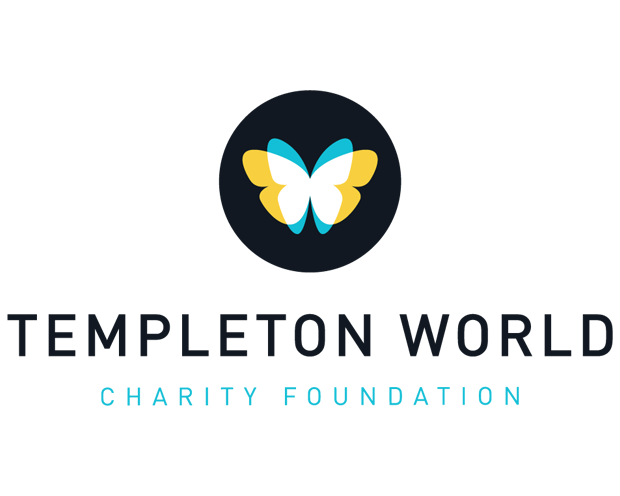

About the funder
Innovations at the heart of human flourishing
Templeton World Charity Foundation supports a diverse group of researchers in the discovery of new knowledge, development of new tools, and launch of new innovations that make a lasting impact on human flourishing.
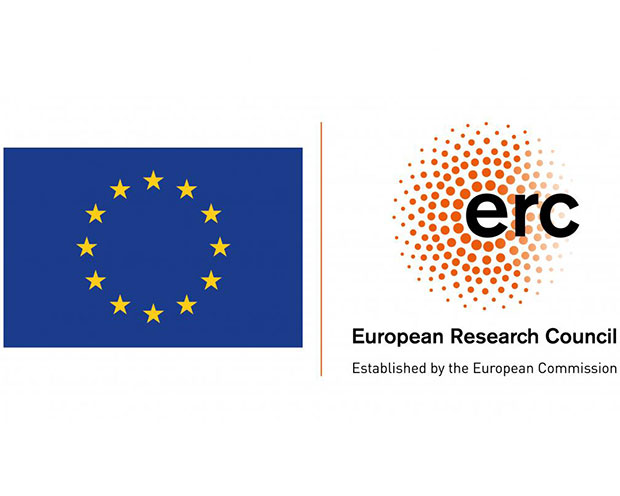

About the funder
The ERC operates according to a "curiosity-driven", or "bottom-up", approach, allowing researchers to identify new opportunities in any field of research. Accordingly the portfolio ERC funded projects spans a wide range of topics and research questions.
Since 2007, more than 6,500 projects have been selected to receive ERC funding throughout the EU Member States and the associated countries. The ERC has received over 62,000 project proposals for its calls.

About the funder
ZonMw (The Netherlands Organisation for Health Research and Development) funds health research in the Netherlands and promotes the actual use of the knowledge this research produces. Our aim is to promote quality and innovation of health research in order to make health care better and to keep it affordable.

About the funder
GGZ Oost Brabant stands for "Personalized health care for you and your family". We provide safe humane mental and emotional health care services for the citizens in the Brabant province of the Netherlands. Working together with the client we are looking for the best solution, as far as possible, tailored to the personal situation. Our help can be as simple and short, or as intensive and long-term as needed, but always accessible in the clinic, in the neighborhood or online, sometimes at home.

About the funder
The Netherlands Organisation for Scientific Research supports a strong system of sciences in the Netherlands by encouraging quality and innovation in science. Our conviction is that scientific research contributes to our prosperity and well-being and that it provides for our growing need for knowledge: for facing societal challenges, for economic development and to better understand ourselves and the world.


About the funder
Joy Ventures is on a singular mission - to build and support companies developing science-backed consumer products that help people experience moments of everyday joy and improve their mental wellbeing.
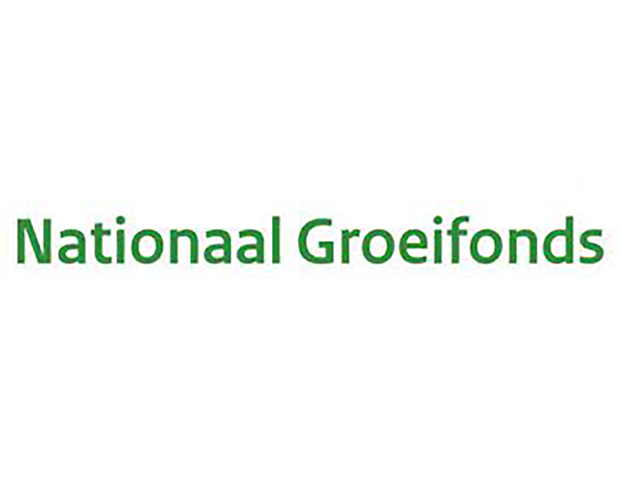

About the funder
The National Growth Fund invests in projects that make the greatest possible contribution to sustainable and structural economic growth. The National Growth Fund does this together with initiators and other investors. With the National Growth Fund, the government is allocating €20 billion for projects between 2021 and 2025.
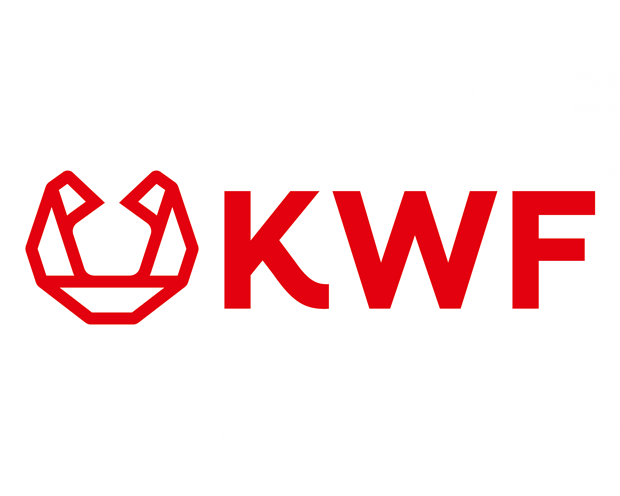

About the funder
KWF is against cancer. But above all we are pro-life. So that everyone can live life as much as possible. Whether you have cancer, have been cured of cancer, know someone close to you with cancer, are no longer getting better or want to know what you can do to prevent cancer.
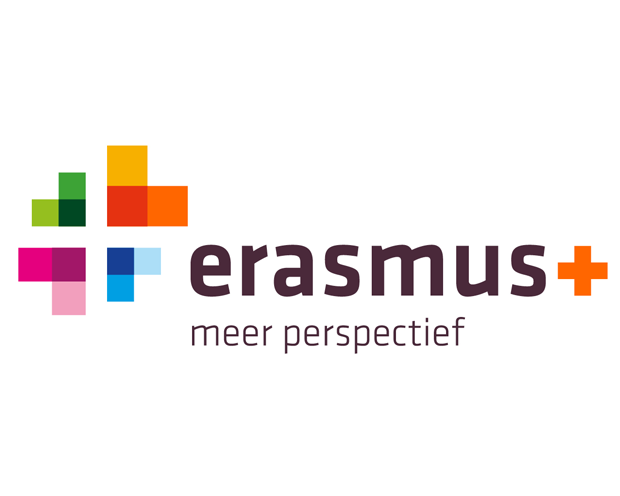

About the funder
The Erasmus+ programme gives people the opportunity to study, train, undertake work experience and volunteer abroad with the aim of boosting skills and employability, particularly amongst young people, in the Netherlands.
Erasmus+ also supports transnational partnerships among Education, Training and Youth institutions and organisations to foster cooperation and bridge the worlds of Education and work in order to tackle the skills gaps we are facing in Europe. It also supports Dutch national efforts to modernise Education, Training and Youth systems.
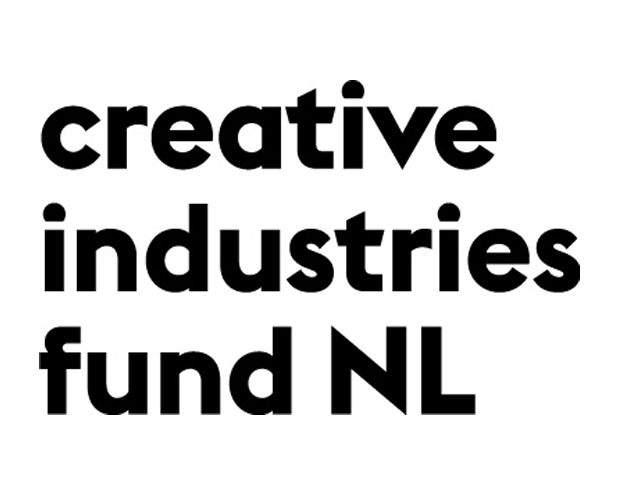

About the funder
The Creative Industries Fund NL is the national cultural fund for design, architecture and digital culture. We finance innovative design projects of makers and cultural institutions in the creative industry. Many of these projects are interdisciplinary.
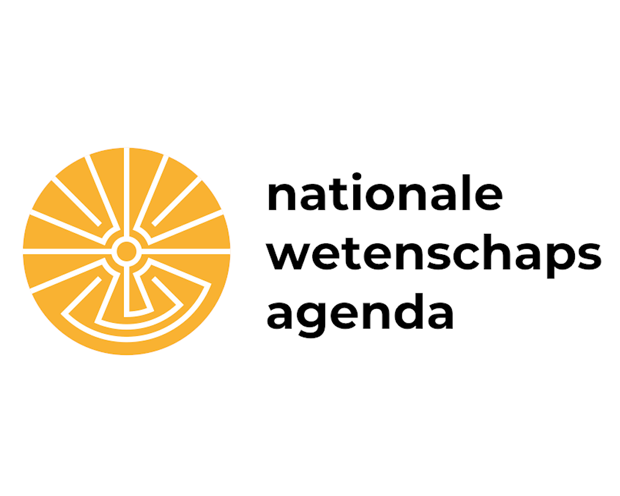

About the funder
The bond between science and society is strong, although it does not always feel that way. How do we bring science closer to society? We do this through the National Science Agenda (NWA).
The Netherlands Organization for Scientific Research (NWO) carries out the NWA research program on behalf of the Ministry of Education, Culture and Science (OCW). The NWA finances scientific research, studies social questions and shows how science works. This always concerns themes that play a major role in society. These are topics that citizens themselves have suggested. The NWA also introduces everyone to science in an accessible way through all kinds of activities. From a science festival for children to a program at Lowlands.




